Grid Modernization
Internet of Things Phenomenon
FERC Complaint Targets Duke, PJM Transmission Planning
Grid Modernization
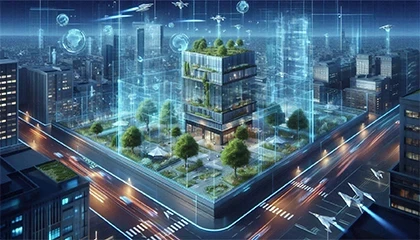
DOE Grants $2.2B for Transmission and Storage Projects
In a landmark move aimed at accelerating the U.S. transition to a more resilient and sustainable energy grid, the Department of Energy (DOE) has announced a groundbreaking investment of $2.2 billion in innovative transmission and energy storage projects across 18 states. This significant funding injection underscores the federal government’s commitment to advancing infrastructure that supports clean energy, enhances grid reliability, and facilitates the integration of renewable resources.
Overview of the Funding Initiative
The $2.2 billion...
Related Articles
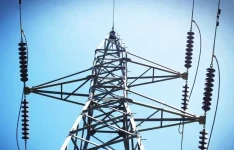
FERC Complaint Targets Duke, PJM Transmission Planning
A coalition of large energy consumers and ratepayer advocates has filed a complaint with the Federal Energy Regulatory Commission (FERC), urging the agency to prohibit transmission owners from independently planning "local" transmission projects exceeding 100 kilovolts (kV). The coalition argues...
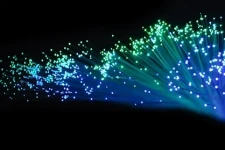
Advanced Sensor Technologies for Intelligent Transformers and Substations
In the evolving landscape of power grid management, integrating advanced sensor technologies in intelligent transformers and substations is revolutionizing monitoring and control. These sensors provide real-time data collection and analysis, significantly improving asset management and fault...
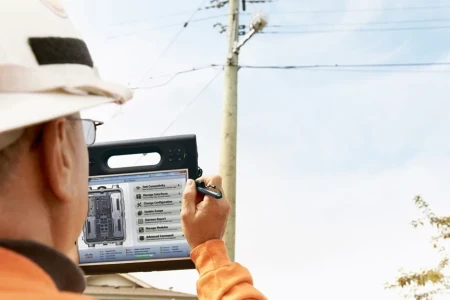
Interoperability for the Smart Grid
Standards are just the beginning BY RICK GEIGER, Cisco Systems The aging electrical infrastructure and utility industry is undergoing its greatest transition in a generation. Grid modernization is already having a significant impact on how the energy industry operates. As with the adoption of any...

Working Together for a Smarter Grid
How Smart Grid technologies can transform the power industry BY DANIEL PÉLOQUIN, Schneider Electric Energy customers—both consumers and businesses—depend on reliable, affordable power. In North America, consumers take this privilege for granted. However, both the reliable and affordable...
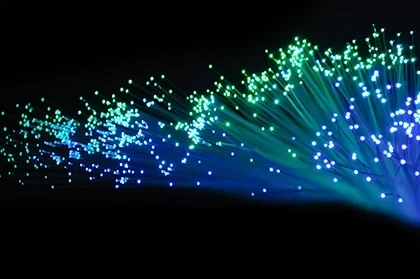
Grid Communications Infrastructure: Fiber, Wireless, and Networking Technologies
Reliable and secure communication infrastructure is essential to the safe and efficient operation of the modern power grid. As utilities transition to digital substations, integrate distributed energy resources (DERs), and deploy real-time monitoring systems, the need for robust, scalable grid...
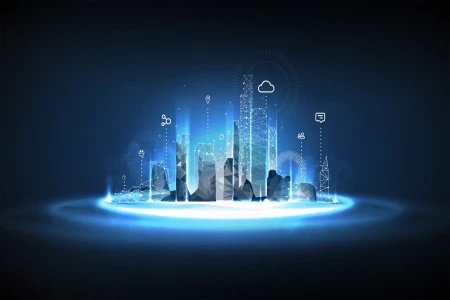
Smart Substations and Their Role in the Evolving Smart Grid
A Smart substation digitizes protection and control, enabling utilities to detect faults faster, manage DER volatility, and reduce outage risk. The payoff depends on architecture, cybersecurity, and edge analytics, not just new relays. The shift toward smart substations is inseparable from broader...
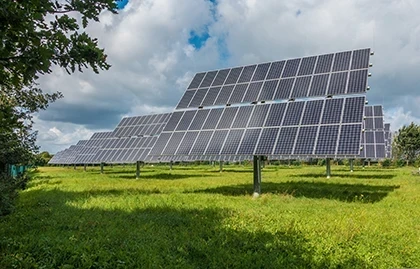
Alliant Energy Launches Iowa's Largest Solar Facility
Alliant Energy has officially brought Iowa’s largest solar facility online, marking a significant milestone in the state's renewable energy landscape. The 200-megawatt (MW) Pleasant Creek Solar project, located in Linn County, is now operational and supplying clean electricity to Alliant...
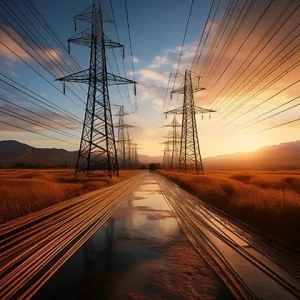
Bills Threaten Renewable Growth and Raise Costs
Texas is at a pivotal crossroads in its energy policy, with legislative actions that could significantly reshape the state's electricity landscape. A recent report by Aurora Energy Research, commissioned by the Texas Association of Business, warns that proposed restrictions on renewable energy...
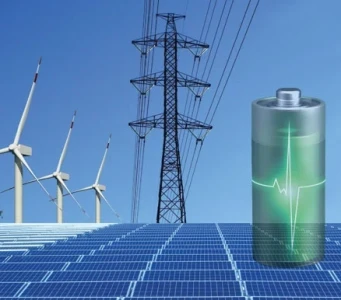
Duke Energy Florida Adds 300 MW with Four New Solar Projects
Duke Energy Florida has announced plans to build four new utility-scale solar energy facilities across the state, aimed at adding 300 megawatts (MW) of renewable energy to the grid. This expansion is part of the company’s broader strategy to increase its solar generation capacity and...

FERC Reviews PJM Colocation Rules for Data Centers and Large Energy Loads
The Federal Energy Regulatory Commission (FERC) has launched a review of the rules surrounding the colocation of large energy consumers, such as data centers, with power plants within the PJM Interconnection region. This review follows concerns raised by stakeholders, including major energy...
